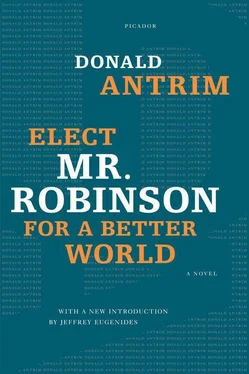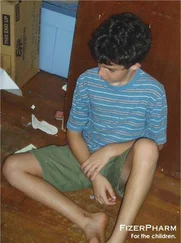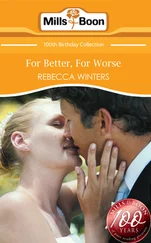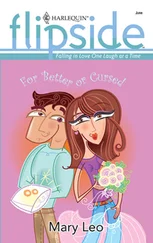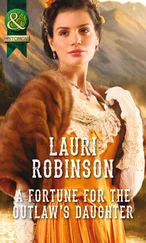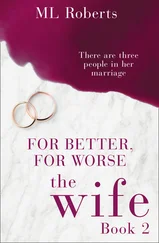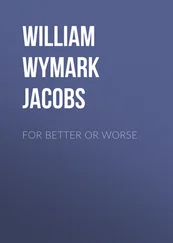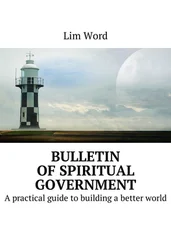“Touchy.”
“Sorry.”
“What’s bugging you, Pete?”
I clutched the hammer. The sun was directly overhead and the air cool. There was a distant sound of splashing water — the Kinsey kids, no doubt, performing elaborate nose dives, cannonballs and can openers and watermelons and such, in their shallow aboveground vinyl pool. This mid-afternoon country club clamor of pre-adolescent recreation reminded me to take a stroll around the block and pay a courtesy visit to Delia and Hiram Kinsey, who most likely would voice no objection to sending their kids to school by way of a couple of backyards, provided right of passage could be obtained from the McElroys, which might be difficult considering Pat McElroy’s staunch isolationism, a position echoed all too clearly in the menacing advertisements posted on trees and the picket fence wrapping the McElroys’ quarter-acre lot: BACK OFF.
“Karen Kinsey is twelve. That’s sixth grade exactly,” I told Meredith matter-of-factly.
“What are you saying? I should hold bio lab for one pupil? You know, Pete, I’m having a hard time getting on board with this whole school idea. I know you want to help. I believe you want to do the right thing as a teacher. I believe you believe in education. But I don’t get it. Here we are out in the yard tacking up a bow-and-arrow target on a tree, and there’s a hole full of stakes three feet away, and I guess I don’t get it.”
“What’s to get? Archery as a phys-ed elective? Come on, it’ll be great. The target range is well away from the trench. Look, I’ll show you,” dropping the hammer and walking to pit’s edge and bending down, carefully, kneeling in the soft muck, one hand on the ground for balance, the other reaching over the tops of Meredith’s pretty bamboo spears (a narwhal and an inverted “pop art” snow cone cup), in order to retrieve the fallen target; and, target in hand, pacing off steps, toe to heel to toe, from pit to tree. “Right. The target range isn’t three feet, as you say, from the pit, it’s, well, let’s see here, it’s about, what? Seven? I fail to see the problem.”
“Seems dangerous is all.”
“Kids, Meredith. Kids. What are they going to do? And if you or I come out here and coach safe shooting, that’s a plus, as I see it.”
“How so?”
“Proper coaching inspires respect for weaponry and helps define the concept of sport.”
“Why do you think you have to do everything, Pete? This isn’t our responsibility. Other people’s children, Pete. They’re not our children! They’re not our responsibility!”
Such exquisite distress. But what, exactly, about? Was I being condescending? Was I lecturing? It’s a problem of mine, I’ll admit it, a tendency to become insistent to the point of excluding other people’s viewpoints. It’s something a lot of teachers probably struggle with in their personal lives: the adamant vocal style appropriate for driving home a lesson, and yet so hurtful among friends or at home.
Meredith shook her head and gave me a look it seemed best, in the spirit of marital harmony and academic diplomacy, to overlook. I said, “Do you suppose we might get a spare set of encyclopedias and dictionaries from one of the libraries? Hon?”
“I can check with Rita, but I think all the oversized volumes already went to Abe.”
“Abe?”
“He and Jerry and the other guys liked your idea of throwing books at the land mines in the park. They loaded up Abe’s van this morning. I forgot to tell you. They’re over there now.”
“At the park?”
There was no time to waste. I grabbed wallet and keys and hopped in the car and fastened my seat belt and backed out of the drive and sped off hurriedly through moderate downtown shopping traffic. On Water Street I got nothing but green lights all the way to Hyacinth; it was as if God were clearing a path. Explosions sounded from the direction of the park, dull concussive rumbles like construction site dynamite, audibly and subaudibly vibrating the hard and elastic surfaces of things: steering wheel, gas pedal, the car seat headrest, my head. Along the way, on Main Street, I noticed a bright sign in the window of Dick Morton’s clothing store, BIG WEEKEND CLEARANCE SALE! ALL MENSWEAR HALF PRICE! EVERYTHING MUST GO! and I made a mental note to stop in there later, to see about purchasing some presentable new dress shirts and a snappy bow tie to start off the teaching year.
At the park, things looked wild and dark. There is, of course, no auto access to the grounds, so I pulled up on the street outside, right behind Abe de Leon’s Dodge van and Tom Thompson’s Mazda. I shut off the engine, got out and locked the car door, then walked along the sidewalk, searching for a gap in the bushes, a route into the hammock. Everything was quiet, not even birds called. Presumably all the forest creatures were tensed up, waiting for bombs to go off. Overhead, twisted hardwoods draped leaf-heavy branches over thickets of briar and thorn that clogged the park’s walkways and nature trails, strangling smaller botanicals and forming a natural barrier between the roadway and the interior. It was impossible to see more than a few feet into that savage foliage. Finally I plunged on in, stepping lightly, pausing occasionally to orient myself, and to remove thorns snagging my clothes, brittle green points anchoring in the fabric’s weave, biting through to draw blood. Was Ben Webster still combing these woods for his vanished father? Or had son and dad reunited and gone home to a hot meal and comfortable beds? And Ray! — it grieved me to imagine a smart, personable guy like Conover, running berserk in swampy public hammocks, rending his clothes.
Too bad I hadn’t brought along Jim’s liver. This was just the place for it. The liver filters bodily impurities, it’s a giant sieve, a living trap for waste and virulent matter. These bushes growing everywhere, blocking passage, making headway into the park arduous and painful, were malignant floral impurities, invading and infesting a once pristine family recreation spot. Gone were the sun-dappled company picnics and barbecues, the Frisbee tosses and touch football matches. Now vigilantes gathered here to detonate explosive charges, using literature. And wasn’t this, in a broad cultural sense, impure behavior? In which case, mightn’t the ritual burial of a liver — and it needn’t even be buried, it could be unwrapped and tossed frozen into a patch of weeds, as a figurative, multipurpose cultural antitoxin/herbicide — mightn’t throwing Jim’s liver into the bushes act as a corrective to the strife and neglect that had lately transformed this serene leisure space into a grotto of death?
“Pete!”
It was Abe himself, hollering from the deep cover of a mountainous shrub:
“Duck!”
From the skies it came, a gargantuan blue tome, one of those Compact Editions of the Oxford English Dictionary, end over end hurtling in projectile descent, pages fluttering and tearing in the wind, a screaming index of printed and bound lexical data, half a language heavy with gravity and gathering velocity. I dove for turf and covered my head as the OED cruised thumping to the earth.
When I opened my eyes I saw that it was the P — Z volume. A — O was lying nearby, loose pages from it papering the ground. The Supplement text was nowhere to be seen. Buried in some leaves? Already blown apart? Waiting, still, to be launched?
Here came the men. First Abe, followed by Bill Nixon and Tom Thompson and, taking up the rear, Jerry. They walked single file, like a ghastly family of four on an outing. They wore identical radiant orange hunting caps and Day-Glo pack vests over camouflage safari shirts. Each sported a hand-tied white armband that appeared to have been ripped from a bedsheet. Sure enough, Tom carried the OED, Supplement. He also wore a backpack. Bill, true to form, clutched a beer can in one hand, and in the other — this not at all typical of the man — a Webster’s.
Читать дальше
